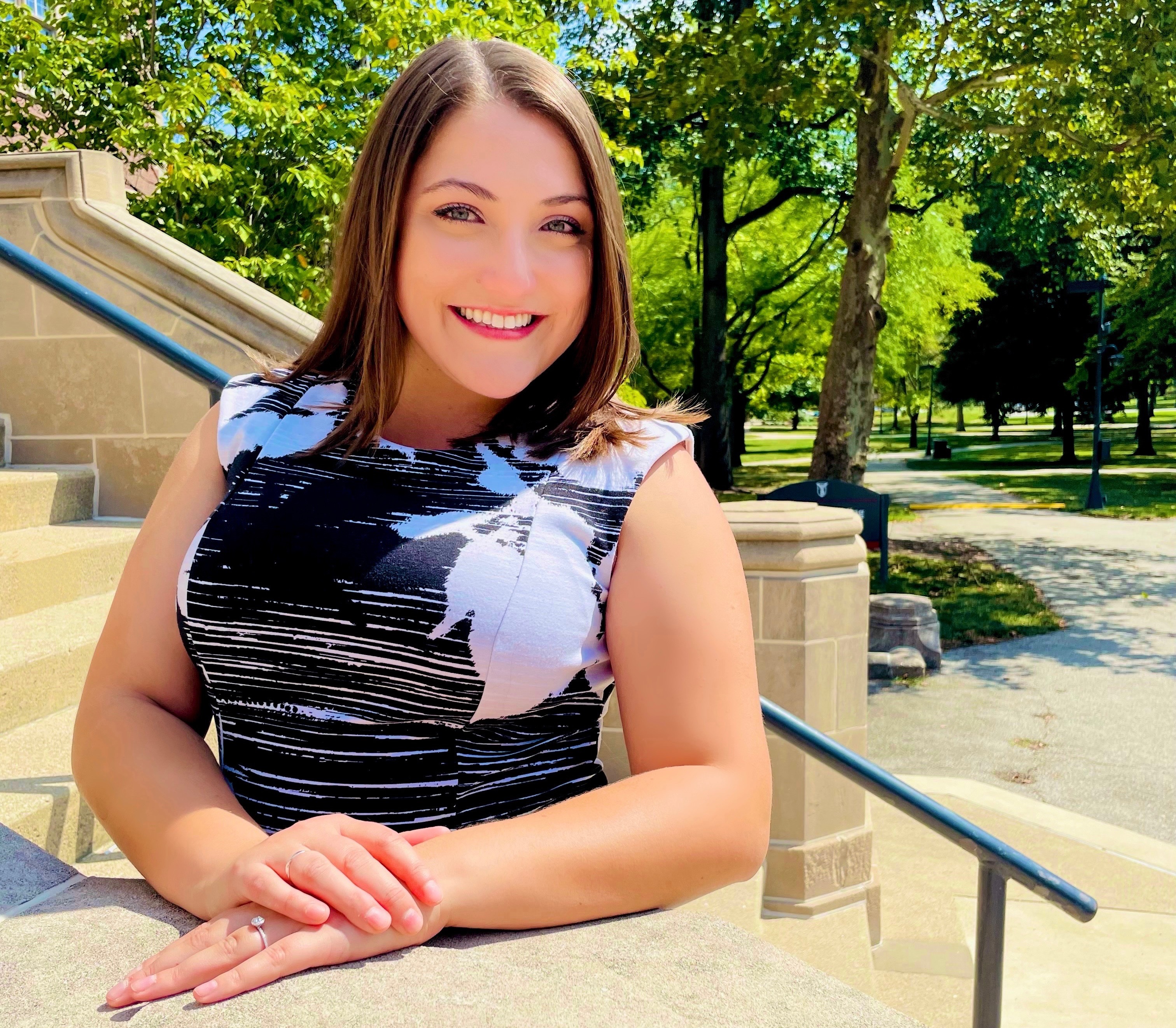Couples / Close Relationships
First was the worst: Beliefs about virginity and breakup distress
(PS5-A8) First Was the Worst: Beliefs About Virginity and Breakup Distress

Bridget N. Jules, B.A.
Doctoral Student
University of North Carolina at Charlotte
Charlotte, North Carolina
Alexa Sotiroff, M.A.
Graduate Student
University of North Carolina at Charlotte
Charlotte, North Carolina- DD
Daniel T. Dickie, M.A.
Student
University of North Carolina at Charlotte
Celebration, Florida 
Chloe M. Woodling, M.A., M.S.
Graduate Student
University of North Carolina at Charlotte
Huntersville, North Carolina- JL
Jennifer Langhinrichsen-Rohling, Ph.D. (she/her/hers)
Professor of Psychology
University of North Carolina at Charlotte
Charlotte, North Carolina
Author(s)
Co-Author(s)
The first time one has sexual intercourse is an important and memorable life event (Eriksson & Humphreys, 2014). Cultural scripts about virginity have a powerful influence on how individuals think about and experience this life event. Carpenter (2002, 2005) identified three fundamental scripts surrounding virginity: gift, stigma, and process. Those who endorse the gift script view virginity as something to be cherished. On the contrary, those who endorse the stigma script view their virginity as an embarrassment, hoping to shed their virgin status as quickly as possible. Finally, those who endorse the process script see virginity loss as a meaningful milestone in transitioning from adolescence to adulthood. Understanding perceptions of virginity is an emerging construct of interest in relationship science in predicting various sexual health outcomes like performance anxiety (Eriksson & Humphreys, 2014; Komlenac et al., 2022). There is extensive overlap between virginity loss and another important relationship event: romantic relationship breakup. In fact, Carpenter (2002, 2005) found that those who were more gift-oriented continued to date their virginity-loss partner for a longer time than those who adopted scripts of stigma and process. Therefore, the current study aimed to investigate differences in beliefs about virginity and breakup distress between participants who reported losing their virginity to the partner with whom they had their worst breakup and those who did not. College students (n = 597) who had experienced a relationship breakup completed an online survey of the subscales of Gift and Process of the Virginity Beliefs Scale (VBS; Eriksson & Humphreys, 2014) and the Breakup Distress Questionnaire (BDQ; Field et al., 2010). An independent samples t-test was performed to compare VBS and BDQ scores between groups. Significant differences were found in VBS Gift scores between those who experienced their worst breakup with their virginity loss partner (M= 4.42, SD =1.36) and those whose worst breakup did not involve a virginity loss partner (M=3.49, SD=1.65); t(498)= 6.99, p< .001. Significant differences were also found in BDQ scores between those who experienced their worst breakup with their virginity loss partner (M= 38.83, SD = 26.74) and those who did not experience their worst breakup with their virginity loss partner (M=31.19, SD= 35.61); t(538)= 2.94, p =.002. No significant differences were found between groups in VBS Process scores, p =.195. Clinically, these results have important implications for working with individuals who have experienced a romantic relationship breakup, such that distress may be of greater severity for those with whom their breakup happened with their virginity-loss partner. Virginity beliefs may be critical to understanding breakup distress experiences, particularly in emerging adult populations. Recognizing cultural narratives clients may hold around virginity may be a cornerstone to important conversations that often go unaddressed in a therapeutic context.

